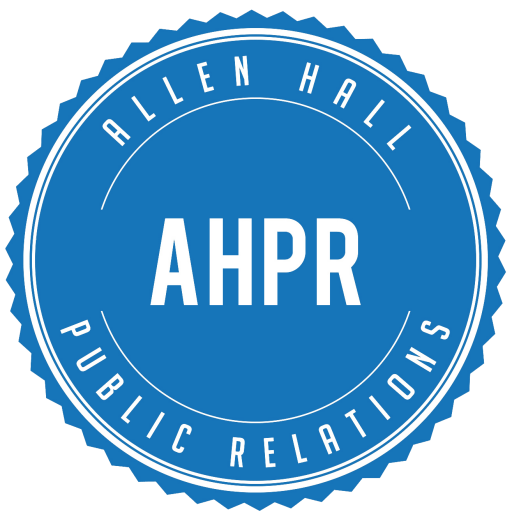When starting a new job or internship, we often expect ourselves to go above and beyond what is required. While being a hard worker is undoubtedly admirable and important, an unhealthy work/life balance can take a toll on your mental and physical health, lead to burn out and make it difficult to connect with your coworkers. With May being Mental Health Awareness Month and many offices transitioning from remote to in-person work, we want to provide a few recommendations to help young professionals advocate for their well-being as they enter the workforce.
- When taking time off, do not reply to work-related emails. Write and activate an automated out-of-office response to company messages. It can look something like this: “Thank you for your email. I am out of the office at this time, but will be back at 9am on May 16th. If you need immediate assistance, please contact [insert information…].” This will give you peace of mind and allow you to enjoy your downtime without feeling pressured to respond to messages.
- Curate a comfortable workspace that makes you feel good. There’s no reason why you can’t bring your favorite home-office additions to your in-person workplace. Having a personalized, organized, inspiring desk set up not only increases productivity, it can also reduce stress and foster a sense of mental stability. Invest in a quality desk chair if you don’t already have one or just enhance your work zone with decor that makes you happy. These little things to look forward to can make all the difference.
- Get outside for some fresh air. Do you have conference calls all day? Take your next meeting outdoors. As long as you don’t have to have your camera on or need pages of notes handy, you can easily squeeze some light exercise and fresh air into your workday while you strategize over the phone. Stanford studies have found that walking boosts creativity, so you might even be more valuable to the conversation.
- Make a schedule. Put some effort into creating a schedule, and it will reward you with less stress inside and outside of the office. There are tons of templates out there, but anything that will keep you on track and organized is useful. Don’t be afraid to experiment with different platforms like Notion or Trello until you find something that works the best for you. Remember: you should also block out time to relax or have fun, not just for work-related tasks!
- Take quality breaks. Quality means finding out what works for you. Short breaks can be valuable, especially if you’re able to get your mind off of your work. Most experts recommend taking breaks between every 25 and 90 minutes. You can take a walk, talk to a coworker, or even take a nap depending on your company. Whatever you do, it’s important to rest in order to be healthier and more productive during your time at work.
- Set boundaries and advocate for yourself. Your time outside of work doesn’t have to be up for grabs. As soon-to-be or recent college graduates, there’s often an assumption that since most of us don’t have our own families to take care of yet, our non-work life can be impeded upon. Learn to respectfully say no when you’re being asked to do an unreasonable amount of things outside of the office. Everyone was in your position at some point — employers should understand that your job isn’t your whole life and that free time will help make you a better worker tomorrow.
